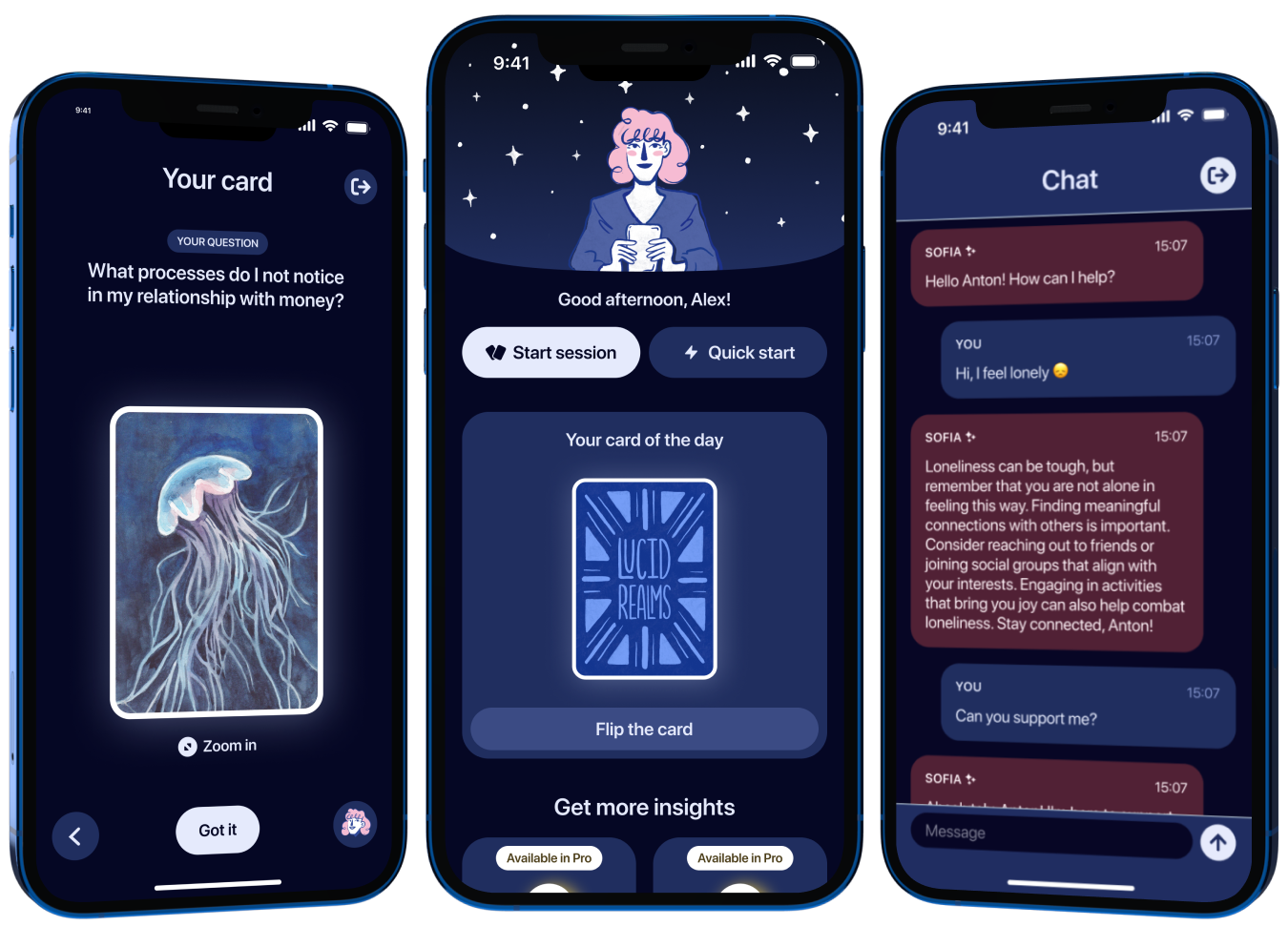We use cookies to give you a tasty experience!
Cookie Settings
We use cookies and data to:
Deliver an excellent service
Track outages and issues
Protect against spam, fraud and abuse
Measure site statistics to enhance the quality of our services
By continuing to browse our site, you’re agreeing to our use of cookies.
Deliver an excellent service
Track outages and issues
Protect against spam, fraud and abuse
Measure site statistics to enhance the quality of our services
By continuing to browse our site, you’re agreeing to our use of cookies.
Panic Attacks: What Are They and How Can You Beat Them?
A panic attack is a sudden episode of intense fear or discomfort that can cause physical symptoms such as a racing heart, sweating, shortness of breath, and chest pain. Panic attacks can be very scary and can feel like you are going crazy or dying.
Panic attacks are not uncommon. They affect about 2-3% of the population at some point in their lives. Panic attacks can happen to anyone, regardless of age, gender, or race.
The exact cause of panic attacks is not known, but they are thought to be caused by a combination of factors, including genetics, brain chemistry, and life experiences.
Panic attacks can be triggered by a variety of things, such as stress, anxiety, or certain physical sensations. However, sometimes panic attacks can occur for no apparent reason.
If you have a panic attack, it is important to remember that you are not going crazy or dying. The attack will eventually pass, even though it may feel like it will never end.
There are a number of things you can do to help manage panic attacks. These include:
Panic attacks are not uncommon. They affect about 2-3% of the population at some point in their lives. Panic attacks can happen to anyone, regardless of age, gender, or race.
The exact cause of panic attacks is not known, but they are thought to be caused by a combination of factors, including genetics, brain chemistry, and life experiences.
Panic attacks can be triggered by a variety of things, such as stress, anxiety, or certain physical sensations. However, sometimes panic attacks can occur for no apparent reason.
If you have a panic attack, it is important to remember that you are not going crazy or dying. The attack will eventually pass, even though it may feel like it will never end.
There are a number of things you can do to help manage panic attacks. These include:
- Identify your triggers. What are the things that tend to trigger your panic attacks? Once you know your triggers, you can start to avoid them or develop coping mechanisms for dealing with them.
- Learn relaxation techniques. Relaxation techniques such as deep breathing, meditation, and yoga can help to reduce anxiety and prevent panic attacks.
- Get enough sleep. When you're sleep-deprived, you're more likely to experience panic attacks. Aim for 7-8 hours of sleep each night.
- Eat a healthy diet. Eating nutritious foods can help to improve your mood and reduce anxiety levels.
- Exercise regularly. Exercise is a great way to reduce stress and anxiety. Aim for at least 30 minutes of moderate-intensity exercise most days of the week.
- Talk to someone. If you're struggling to cope with panic attacks, talking to a therapist or counselor can be helpful. They can provide you with support and guidance.
Treatment for Panic Attacks
Treatment for panic attacks can include medication, therapy, or a combination of both. Medications such as selective serotonin reuptake inhibitors (SSRIs) and benzodiazepines can help to reduce anxiety and prevent panic attacks. Therapy such as cognitive-behavioral therapy (CBT) can help you to learn how to manage your anxiety and cope with panic attacks.
With the right treatment, you can learn to manage your panic attacks and live a full and happy life.
With the right treatment, you can learn to manage your panic attacks and live a full and happy life.
Here are some additional tips for beating panic attacks:
- Don't fight the fear. When you're having a panic attack, it's important to accept the fear and anxiety. Fighting the fear will only make it worse.
- Focus on your breathing. When you're feeling anxious, your breathing can become shallow and rapid. This can make the panic attack worse. Focus on taking slow, deep breaths.
- Ground yourself. Pay attention to your surroundings and focus on the present moment. This can help you to feel more grounded and less anxious.
- Tell yourself that the attack will pass. Remind yourself that panic attacks are usually short-lived and that they will eventually pass.





